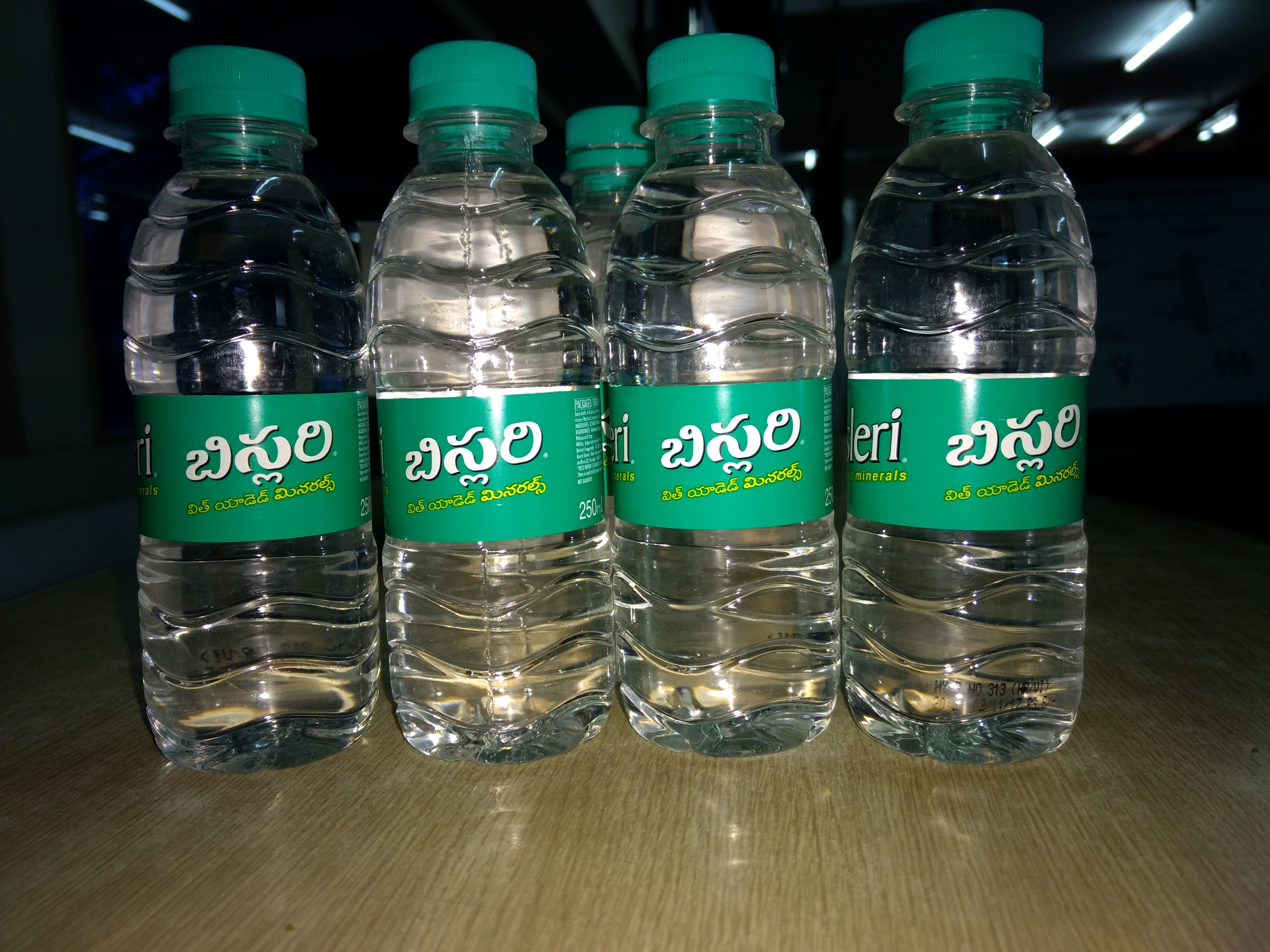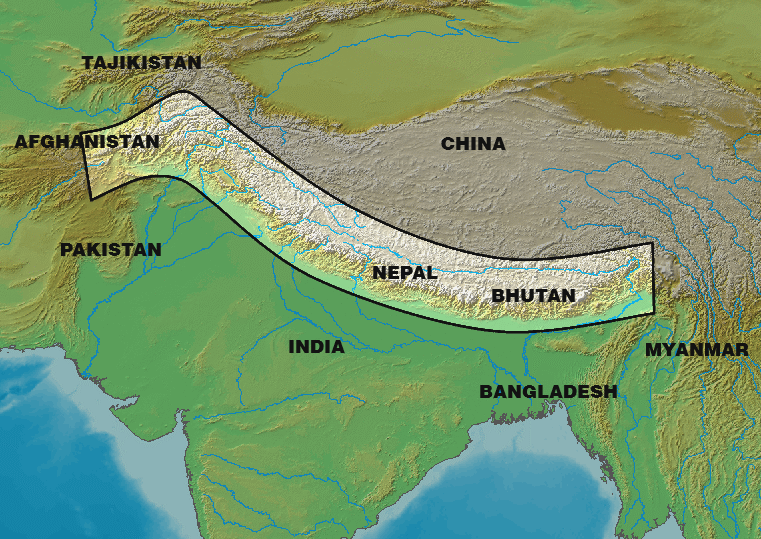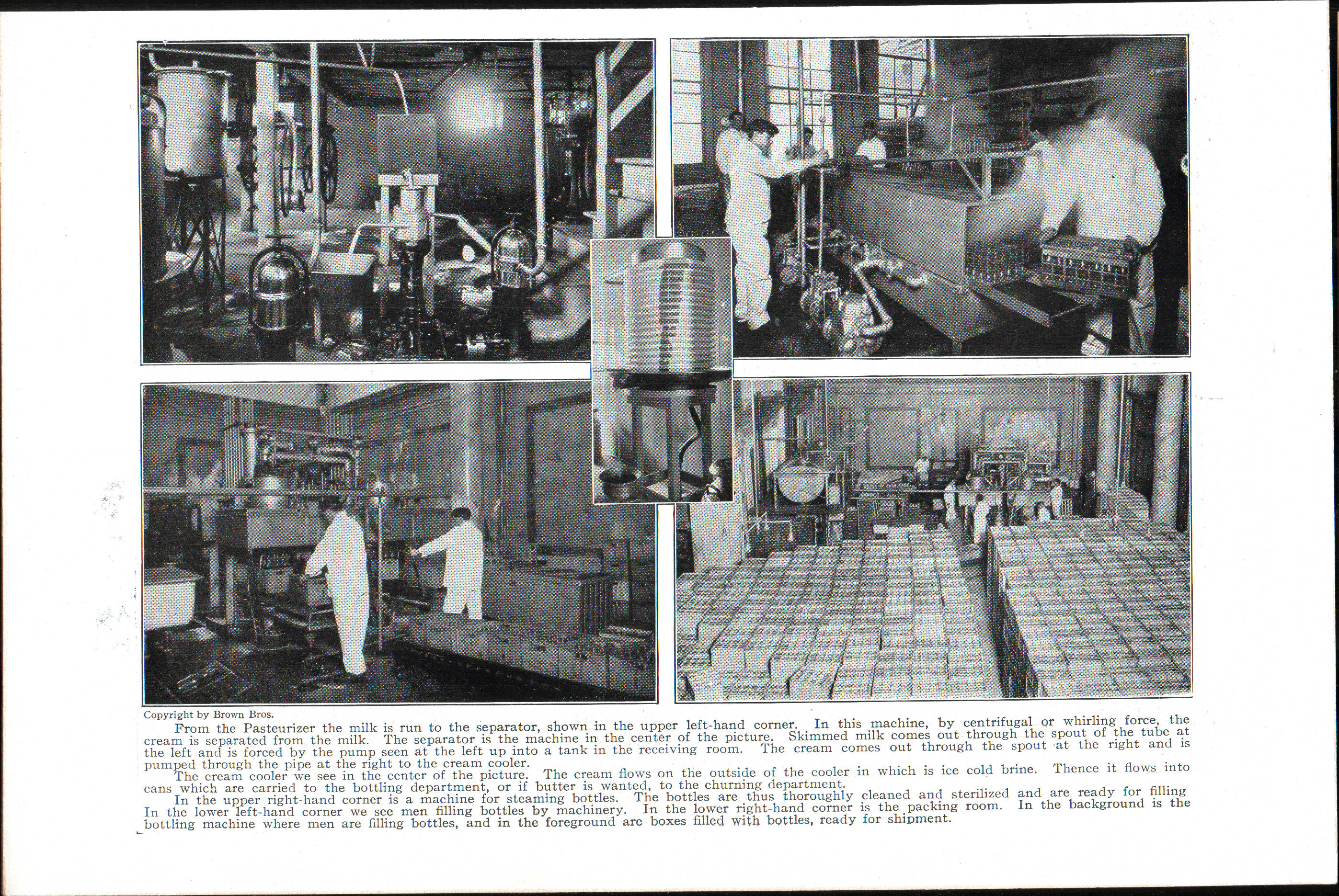|
Parle Bisleri
Bisleri International (formerly Parle Exports and Parle Bisleri) is an Indian multinational company which is best known for the eponymous brand of bottled water. The company was started in the 1970s by Ramesh Chauhan, and sells bottled water and soft drinks. Bisleri conducts most of its business in India, with 150 operational plants and a network of 6,000 distributors and 7,500 distribution trucks. Bisleri also sells its products through its own e-commerce platform and other online retailers. History Background In 1966, Italian doctor Cesari Rossi and Indian businessman Khushroo Suntook introduced Bisleri bottled water in India by setting up a factory in Thane. It was named after an Italian alcohol remedy drink created by 19th century inventor Felice Bisleri. Bisleri was initially sold only in luxury hotels and restaurants in Mumbai in glass bottles in two varieties – bubbly and still. In 1969, the Jayantilal Chauhan family of Parle Group acquired the struggling Bisleri br ... [...More Info...] [...Related Items...] OR: [Wikipedia] [Google] [Baidu] |
Privately Held Company
A privately held company (or simply a private company) is a company whose Stock, shares and related rights or obligations are not offered for public subscription or publicly negotiated in their respective listed markets. Instead, the Private equity, company's stock is offered, owned, traded or exchanged privately, also known as "over-the-counter (finance), over-the-counter". Related terms are unlisted organisation, unquoted company and private equity. Private companies are often less well-known than their public company, publicly traded counterparts but still have major importance in the world's economy. For example, in 2008, the 441 list of largest private non-governmental companies by revenue, largest private companies in the United States accounted for $1.8 trillion in revenues and employed 6.2 million people, according to ''Forbes''. In general, all companies that are not owned by the government are classified as private enterprises. This definition encompasses both publ ... [...More Info...] [...Related Items...] OR: [Wikipedia] [Google] [Baidu] |
Mineral Water
Mineral water is water from a mineral spring that contains various minerals, such as salts and sulfur compounds. It is usually still, but may be sparkling ( carbonated/ effervescent). Traditionally, mineral waters were used or consumed at their spring sources, often referred to as "taking the waters" or "taking the cure," at places such as spas, baths and wells. Today, it is far more common for mineral water to be bottled at the source for distributed consumption. Travelling to the mineral water site for direct access to the water is now uncommon, and in many cases not possible because of exclusive commercial ownership rights. More than 4,000 brands of mineral water are commercially available worldwide. In many places the term "mineral water" is colloquially used to mean any bottled carbonated water or soda water, as opposed to tap water. Composition The more calcium and magnesium ions that are dissolved in water, the '' harder'' it is said to be; water with few diss ... [...More Info...] [...Related Items...] OR: [Wikipedia] [Google] [Baidu] |
Uttarakhand
Uttarakhand (, ), also known as Uttaranchal ( ; List of renamed places in India, the official name until 2007), is a States and union territories of India, state in North India, northern India. The state is bordered by Himachal Pradesh to the northwest, Tibet to the north, Nepal to the east, Uttar Pradesh to the south and southeast, with a small part touching Haryana in the west. Uttarakhand has a total area of , equal to 1.6% of the total area of India. Dehradun serves as the state capital, with Nainital being the judicial capital. The state is divided into two divisions, Garhwal division, Garhwal and Kumaon division, Kumaon, with a total of List of districts of Uttarakhand, 13 districts. The forest cover in the state is 45.4% of the state's geographical area. The cultivable area is 16% of the total geographical area. The two major rivers of the state, the Ganges and its tributary Yamuna, originate from the Gangotri and Yamunotri glaciers respectively. Ranked 6th among the Top 1 ... [...More Info...] [...Related Items...] OR: [Wikipedia] [Google] [Baidu] |
Himalayas
The Himalayas, or Himalaya ( ), is a mountain range in Asia, separating the plains of the Indian subcontinent from the Tibetan Plateau. The range has some of the Earth's highest peaks, including the highest, Mount Everest. More than list of highest mountains on Earth, 100 peaks exceeding elevations of above sea level lie in the Himalayas. The Himalayas abut on or cross territories of Himalayan states, six countries: Nepal, China, Pakistan, Bhutan, India and Afghanistan. The sovereignty of the range in the Kashmir region is disputed among India, Pakistan, and China. The Himalayan range is bordered on the northwest by the Karakoram and Hindu Kush ranges, on the north by the Tibetan Plateau, and on the south by the Indo-Gangetic Plain. Some of the world's major rivers, the Indus River, Indus, the Ganges river, Ganges, and the Yarlung Tsangpo River, Tsangpo–Brahmaputra River, Brahmaputra, rise in the vicinity of the Himalayas, and their combined drainage basin is home to some 6 ... [...More Info...] [...Related Items...] OR: [Wikipedia] [Google] [Baidu] |
Spring (hydrology)
A spring is a natural exit point at which groundwater emerges from an aquifer and flows across the ground surface as surface water. It is a component of the hydrosphere, as well as a part of the water cycle. Springs have long been important for humans as a source of fresh water, especially in arid regions which have relatively little annual rainfall. Springs are driven out onto the surface by various natural forces, such as gravity and hydrostatic pressure. A spring produced by the emergence of geothermally heated groundwater is known as a hot spring. The yield of spring water varies widely from a volumetric flow rate of nearly zero to more than for the biggest springs. Formation Springs are formed when groundwater flows onto the surface. This typically happens when the water table reaches above the surface level, or if the terrain depresses sharply. Springs may also be formed as a result of karst topography, aquifers or volcanic activity. Springs have also been ... [...More Info...] [...Related Items...] OR: [Wikipedia] [Google] [Baidu] |
Bottling Company
A bottling company is a commercial enterprise whose output is the bottling of beverages for distribution. Many bottling companies are franchisees of corporations such as Coca-Cola and PepsiCo who distribute the beverage in a specific geographic region. Some bottling companies may also bottle other local beverages such as regional beers or wines. A bottler is a company which mixes drink ingredients and fills up cans and bottles with the drink. The bottler then distributes the final product to the wholesale sellers in a geographic area. Large companies like The Coca-Cola Company sell their product to bottlers like the Coca-Cola Bottling Co. Consolidated, who then bottle and distribute it. Usually, a type of ionizing radiation called gamma radiation A gamma ray, also known as gamma radiation (symbol ), is a penetrating form of electromagnetic radiation arising from high energy interactions like the radioactive decay of atomic nuclei or astronomical events like solar ... [...More Info...] [...Related Items...] OR: [Wikipedia] [Google] [Baidu] |
Bisleri PET Water Bottles With Telugu Labels
Bisleri International (formerly Parle Exports and Parle Bisleri) is an Indian multinational company which is best known for the eponymous brand of bottled water. The company was started in the 1970s by Ramesh Chauhan, and sells bottled water and soft drinks. Bisleri conducts most of its business in India, with 150 operational plants and a network of 6,000 distributors and 7,500 distribution trucks. Bisleri also sells its products through its own e-commerce platform and other online retailers. History Background In 1966, Italian doctor Cesari Rossi and Indian businessman Khushroo Suntook introduced Bisleri bottled water in India by setting up a factory in Thane. It was named after an Italian alcohol remedy drink created by 19th century inventor Felice Bisleri. Bisleri was initially sold only in luxury hotels and restaurants in Mumbai in glass bottles in two varieties – bubbly and still. In 1969, the Jayantilal Chauhan family of Parle Group acquired the struggling Bisleri br ... [...More Info...] [...Related Items...] OR: [Wikipedia] [Google] [Baidu] |
Non-compete Clause
In contract law, a non-compete clause (often NCC), restrictive covenant, or covenant not to compete (CNC), is a clause under which one party (usually an employee) agrees not to enter into or start a similar profession or trade in competition against another party (usually the employer). In the labor market, these agreements prevent workers from freely moving across employers, and weaken the bargaining leverage of workers. Non-compete agreements are rooted in the medieval system of apprenticeship whereby an older master craftsman took on a younger apprentice, trained the apprentice, and in some cases entered into an agreement whereby the apprentice could not compete with the master after the apprenticeship. Modern uses of non-compete agreements are generally premised on preventing high-skilled workers from transferring trade secrets or a customer list from one firm to a competing firm, thus giving the competing firm a competitive advantage. However, many non-compete clauses apply t ... [...More Info...] [...Related Items...] OR: [Wikipedia] [Google] [Baidu] |
RimZim
RimZim is a brand of masala (mixed spice) soda currently owned and marketed by Coca-Cola in India. The brand was originally part of Parle Bisleri since its launch in the 1980s and was sold to Coca-Cola along with Thums Up, Limca, Citra and Gold Spot to Coca-Cola Coca-Cola, or Coke, is a cola soft drink manufactured by the Coca-Cola Company. In 2013, Coke products were sold in over 200 countries and territories worldwide, with consumers drinking more than 1.8 billion company beverage servings ... in 1993. Apart from Thums Up and Limca, the rest of the Parle brands were withdrawn from the market by its new owners. In 2012, Coca-Cola announced that it was reviving RimZim for the North India market where it had a strong base when withdrawn. References {{Coca-Cola brands Indian drink brands Coca-Cola brands ... [...More Info...] [...Related Items...] OR: [Wikipedia] [Google] [Baidu] |
Citra (drink)
Citra was a clear lemon- and lime-flavoured soda sold in India in the 1980s and early 1990s. Citra was owned by Parle Bisleri. Along with other Parle brands, Thums Up, Limca, Gold Spot and Maaza, Citra was sold to Coca-Cola in 1993 in a deal that was reportedly worth $40 million. At the time of sale, the Parle brands together had a 60% market share in the aerated water industry. The brand was strong in South India. Citra was phased out by the year 2000 to make way for Coke's international brand, Sprite. In 1998, Coke introduced a new drink in the US market also called Citra which was later renamed Fanta Citrus. Although the brand name was similar, this was a totally different grapefruit-based formula. In February 2012, Coke announced that it was reviving the Citra brand in rural areas of Maharashtra and Gujarat Gujarat () is a States of India, state along the Western India, western coast of India. Its coastline of about is the longest in the country, most of wh ... [...More Info...] [...Related Items...] OR: [Wikipedia] [Google] [Baidu] |
Economic Liberalisation In India
The economic liberalisation in India refers to the series of policy changes aimed at opening up the country's economy to the world, with the objective of making it more market-oriented and consumption-driven. The goal was to expand the role of private and foreign investment, which was seen as a means of achieving economic growth and development. Although some attempts at liberalisation were made in 1966 and the early 1980s, a more thorough liberalisation was initiated in 1991. The liberalisation process was prompted by a balance of payments crisis that had led to a severe recession, dissolution of the Soviet Union leaving the United States as the sole superpower, and the sharp rise in oil prices caused by the Gulf War of 1990–91. India's foreign exchange reserves fell to dangerously low levels, covering less than three weeks of imports. The country had to airlift gold to secure emergency loans. Trade disruptions with the USSR and a decline in remittances from Gulf countri ... [...More Info...] [...Related Items...] OR: [Wikipedia] [Google] [Baidu] |
Polyethylene Terephthalate
Polyethylene terephthalate (or poly(ethylene terephthalate), PET, PETE, or the obsolete PETP or PET-P), is the most common thermoplastic polymer resin of the polyester family and is used in synthetic fibre, fibres for clothing, packaging, containers for liquids and foods, and thermoforming for manufacturing, and in combination with glass fibre for engineering resins. In 2016, annual production of PET was 56 million tons. The biggest application is in fibres (in excess of 60%), with bottle production accounting for about 30% of global demand. In the context of textile applications, PET is referred to by its common name, polyester, whereas the acronym ''PET'' is generally used in relation to packaging. PET used in non-fiber applications (i.e. for packaging) makes up about 6% of world polymer production by mass. Accounting for the >60% fraction of polyethylene terephthalate produced for use as polyester fibers, PET is the fourth-most-produced polymer after polyethylene (PE), polypr ... [...More Info...] [...Related Items...] OR: [Wikipedia] [Google] [Baidu] |





